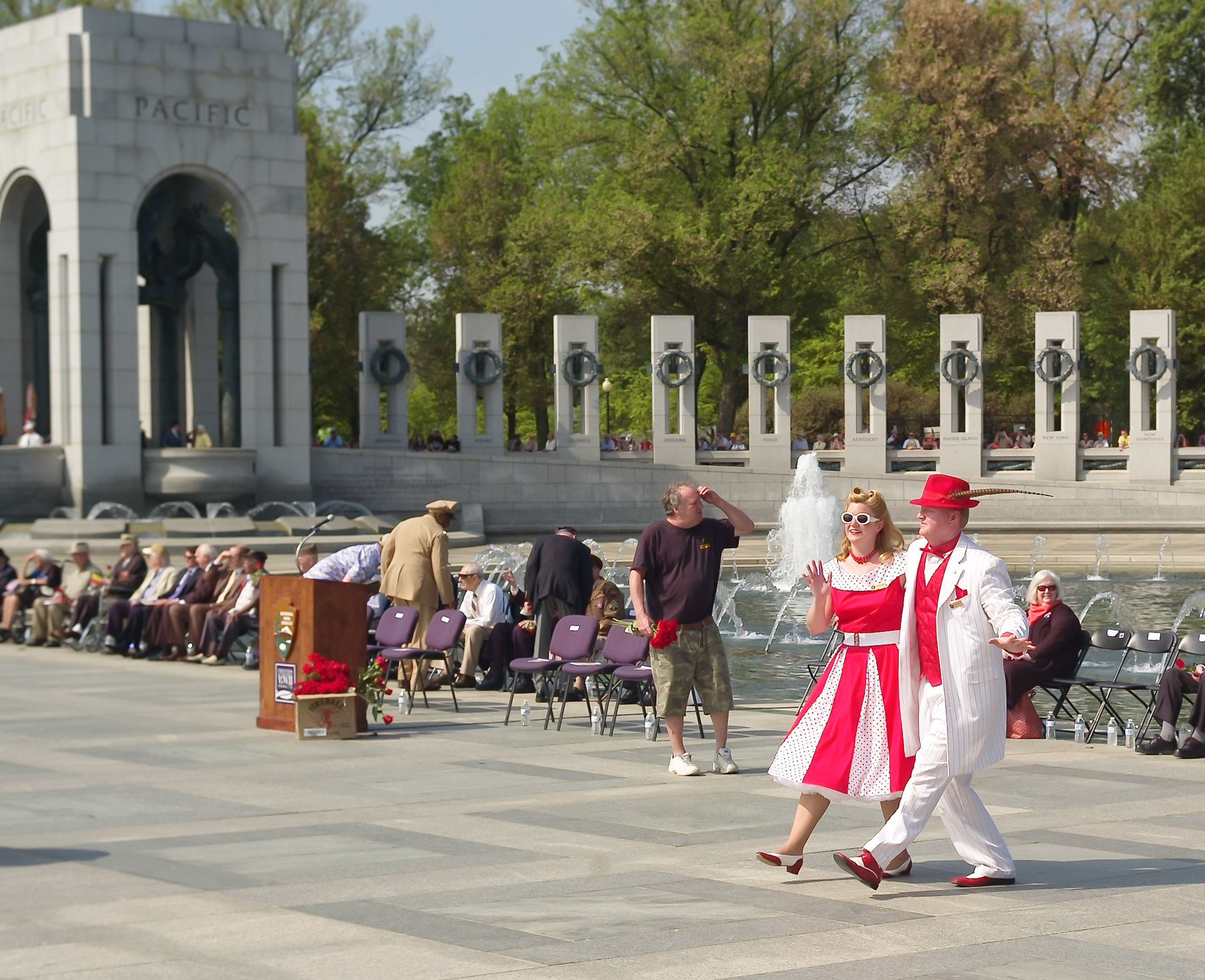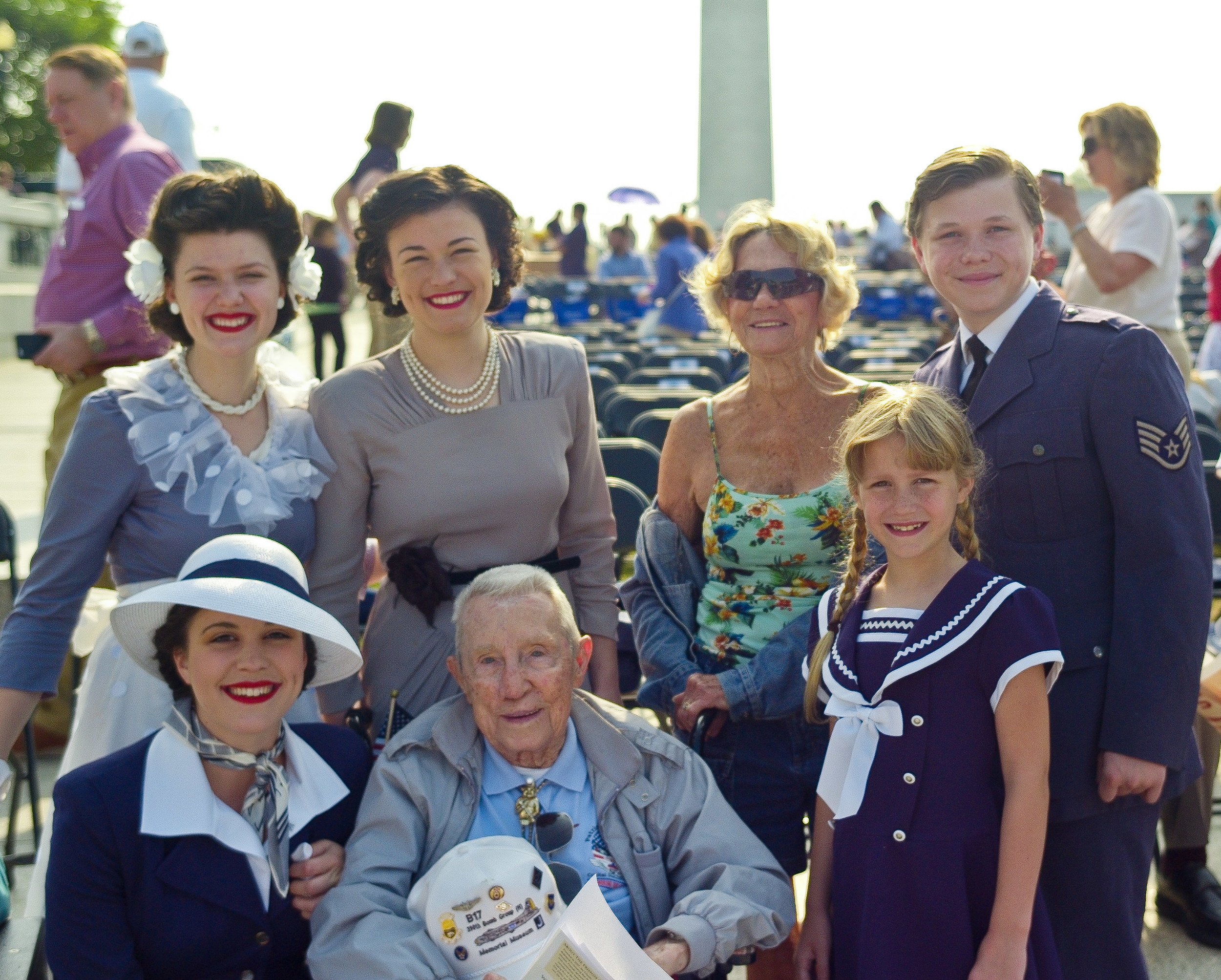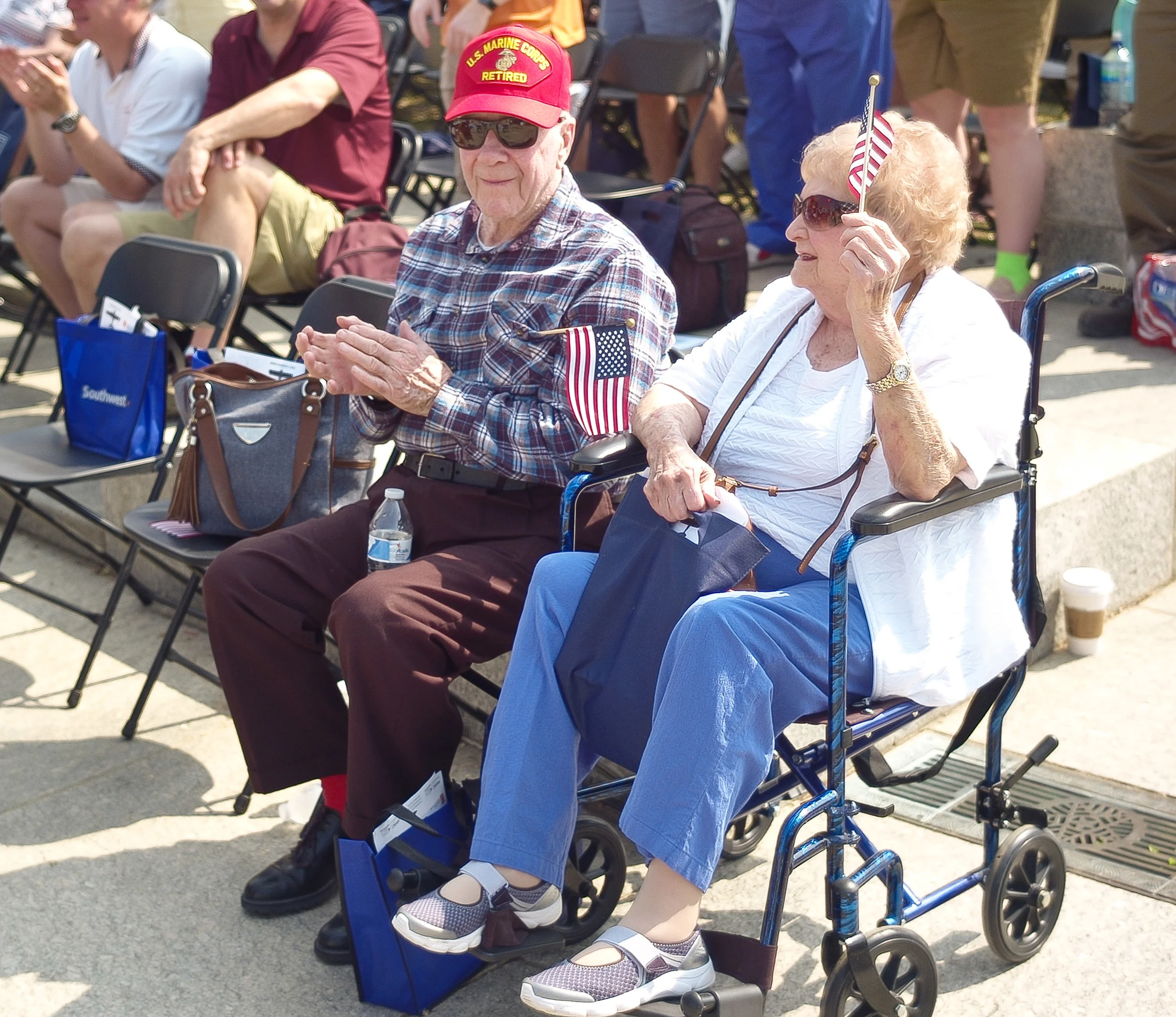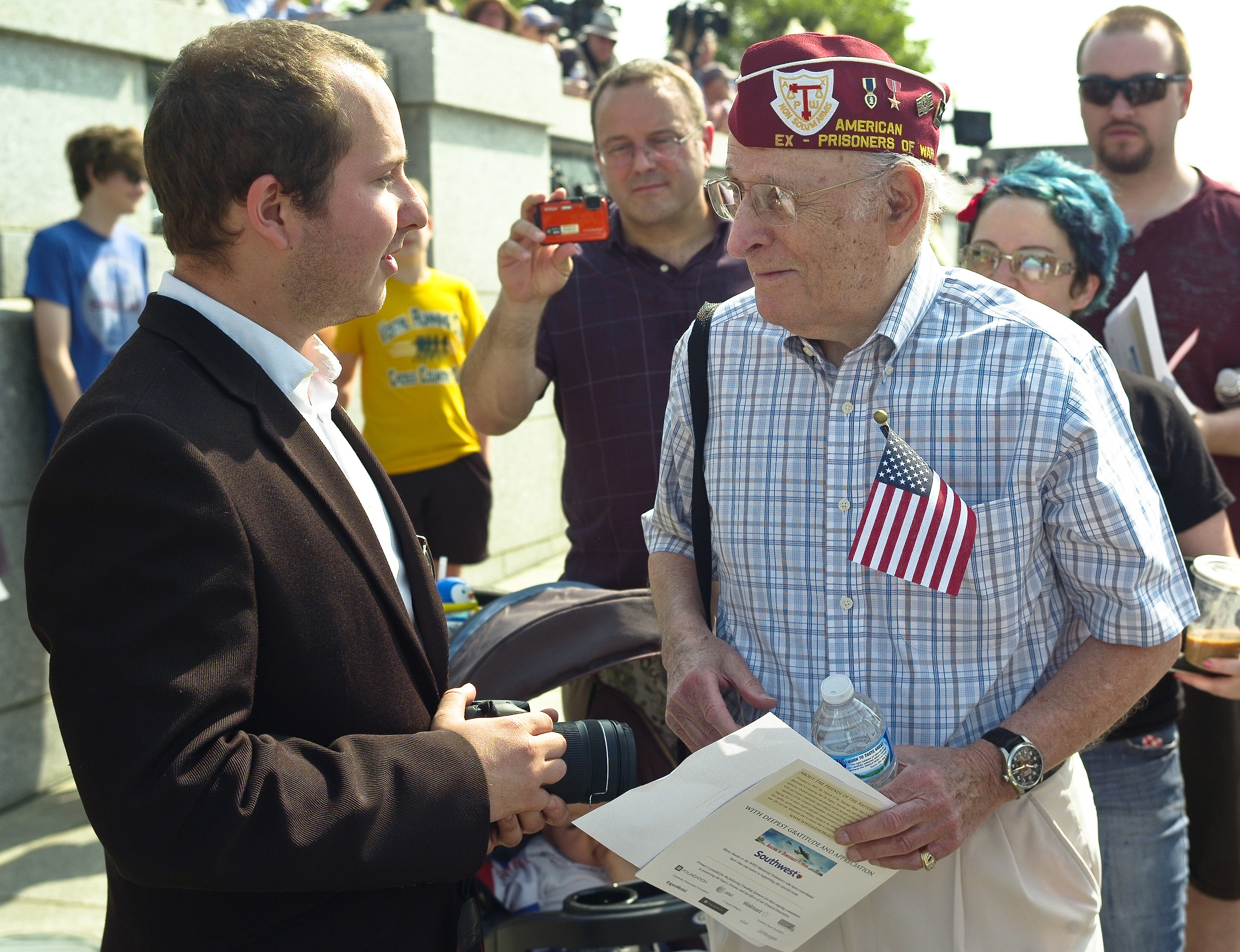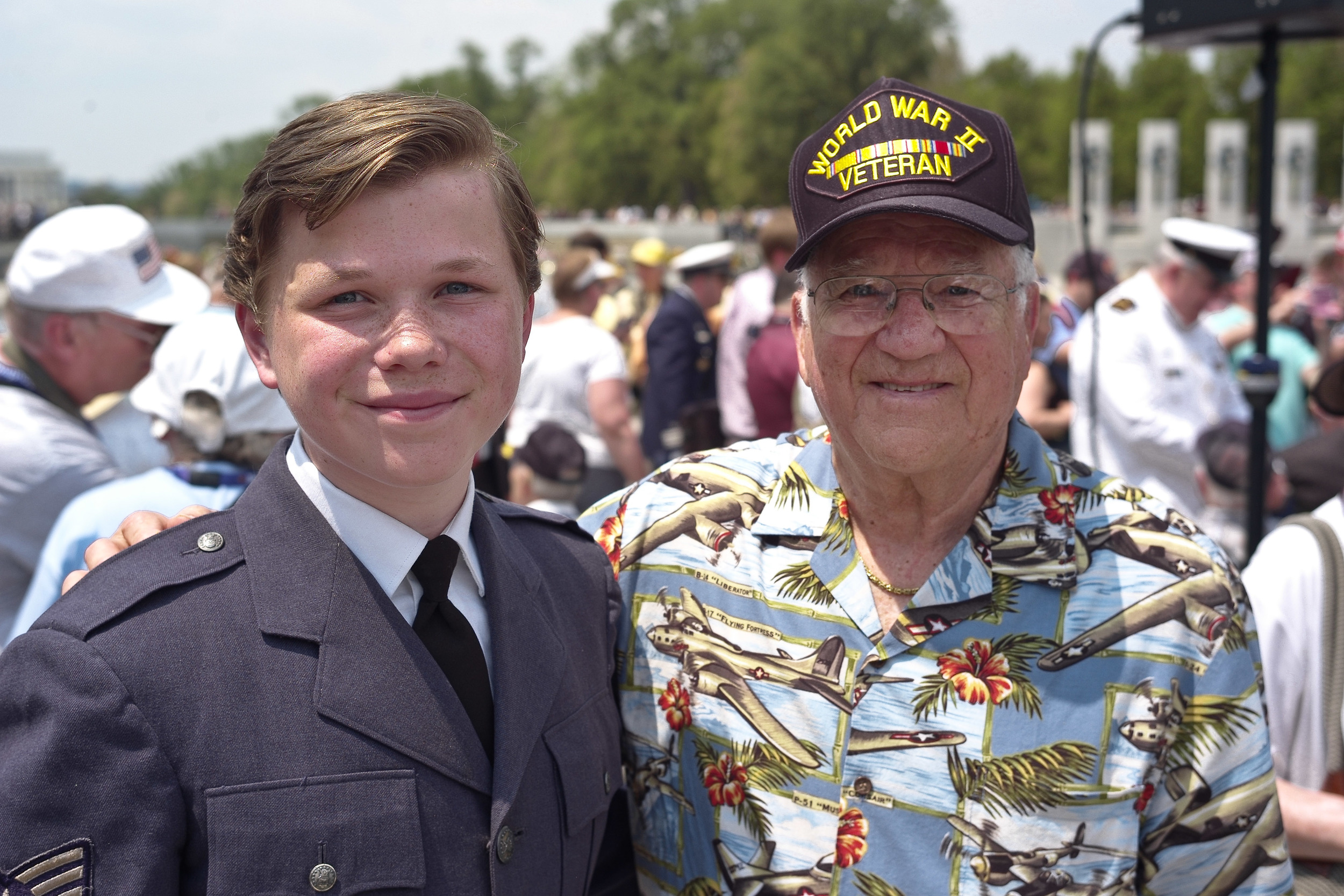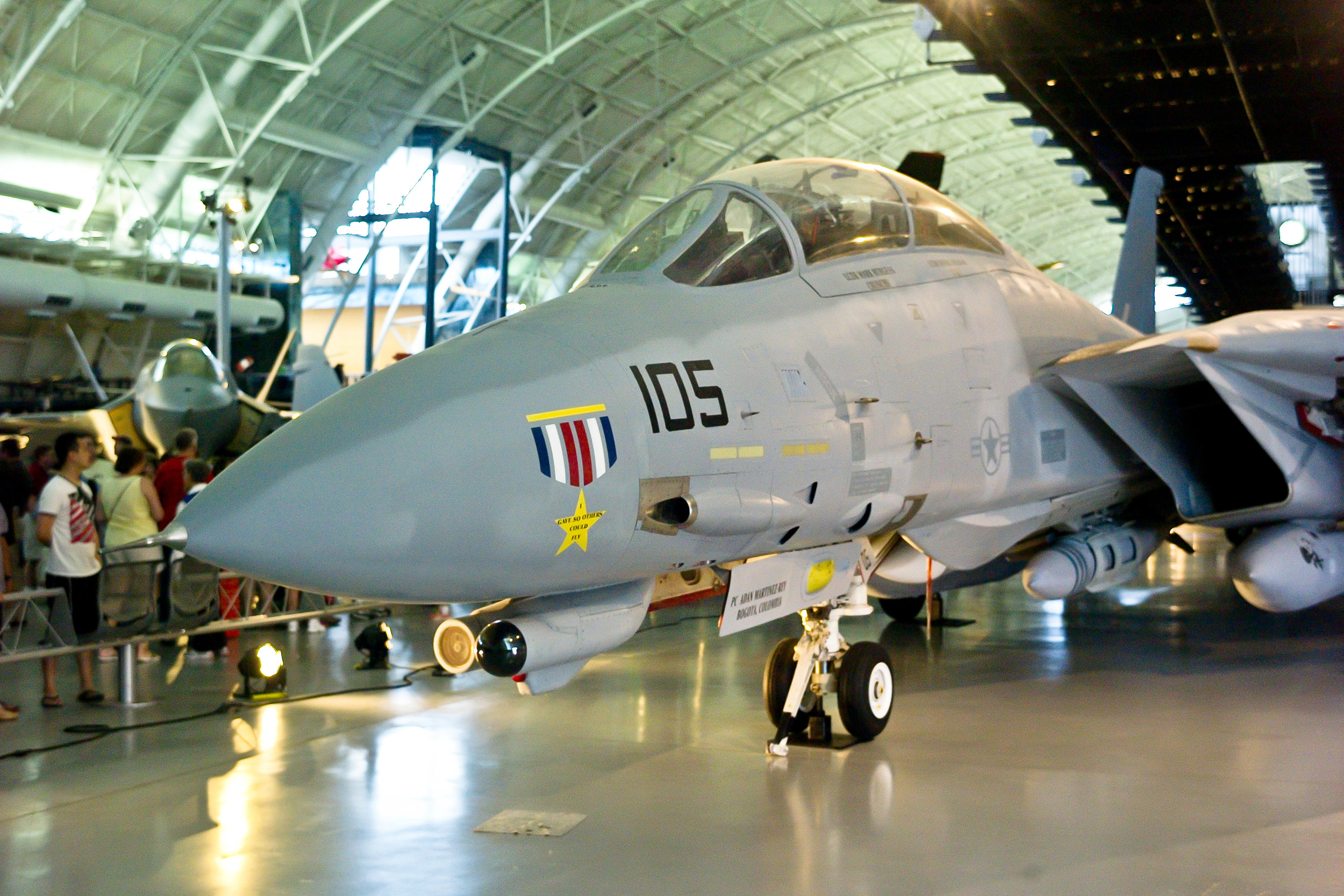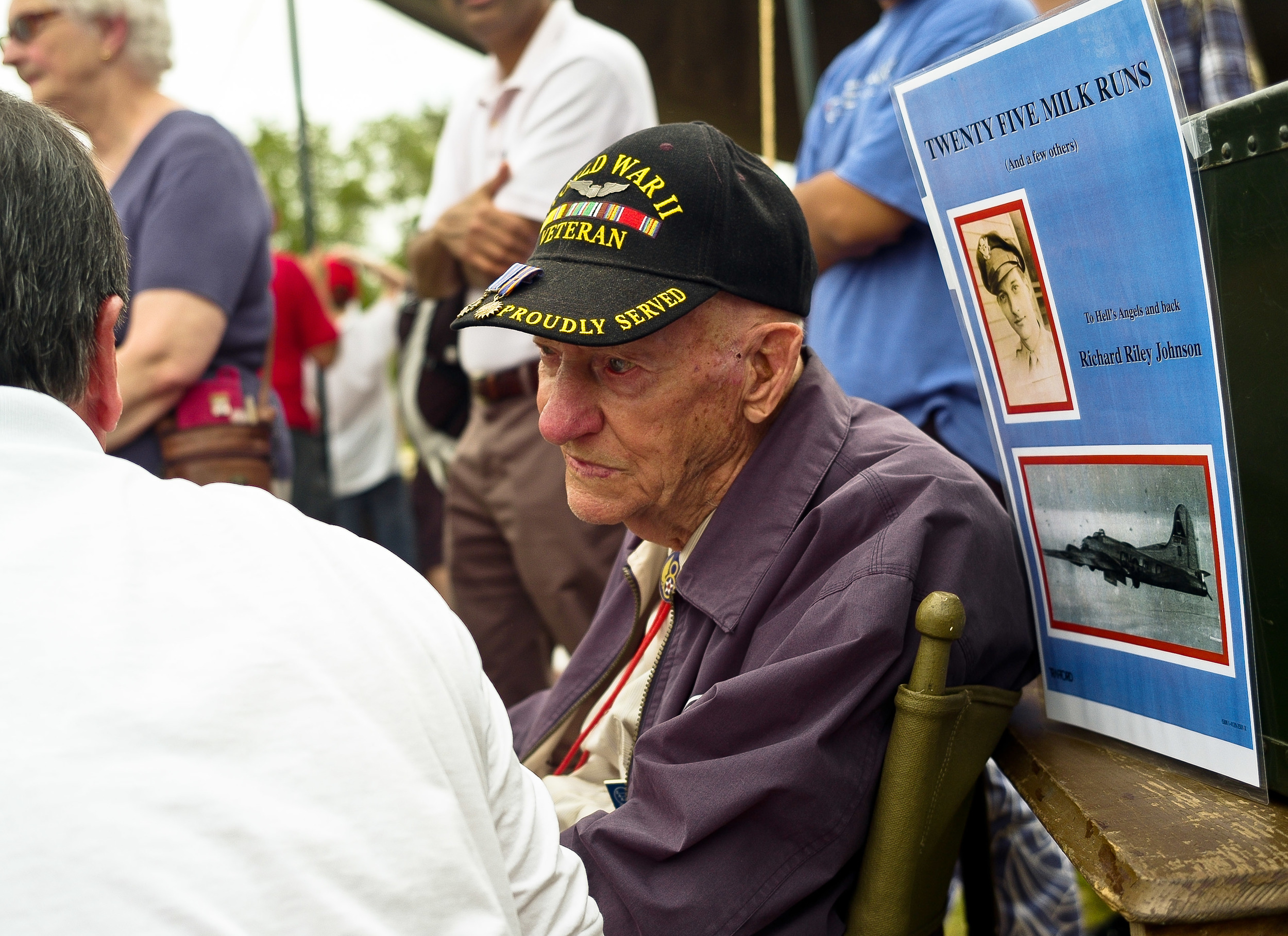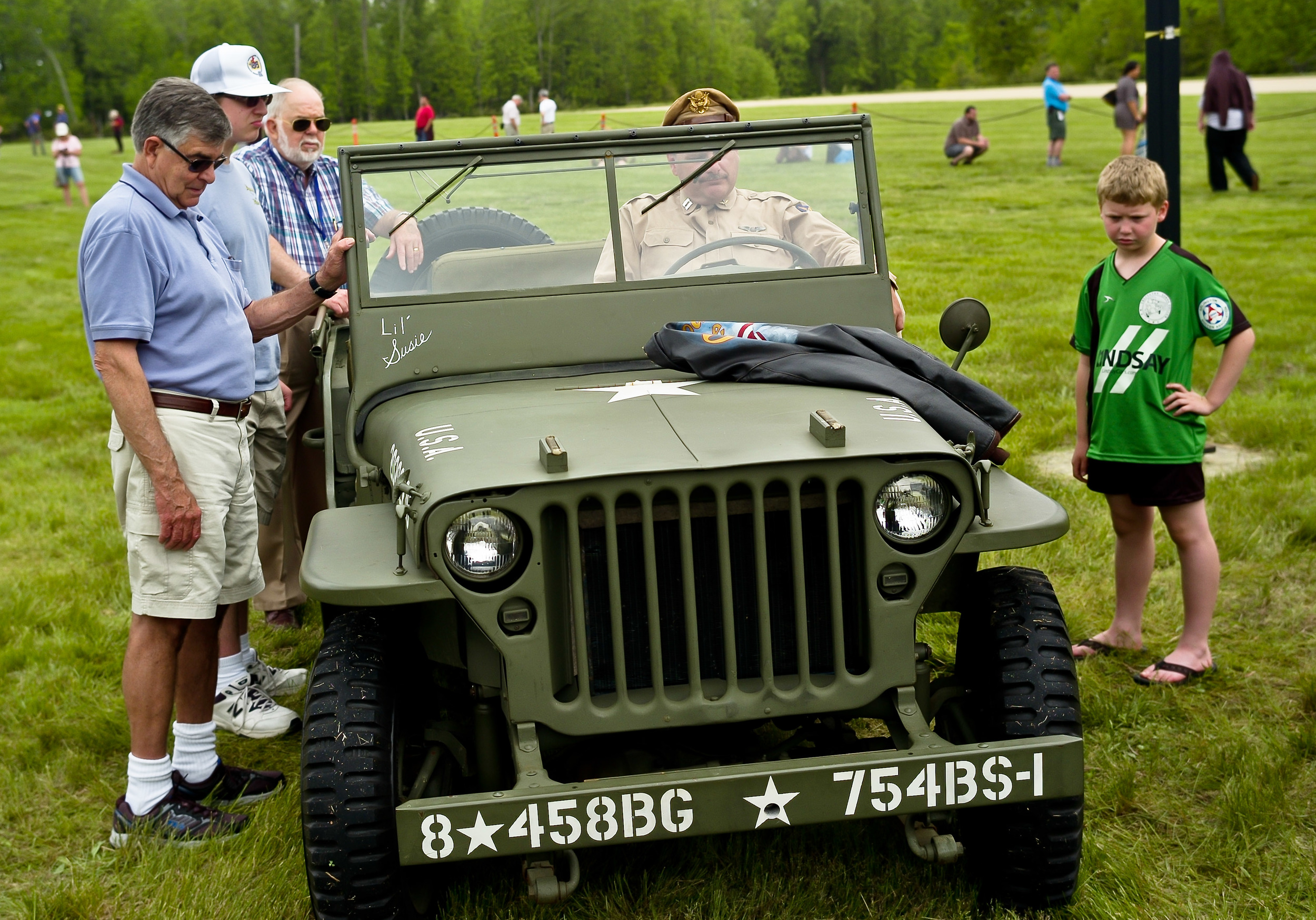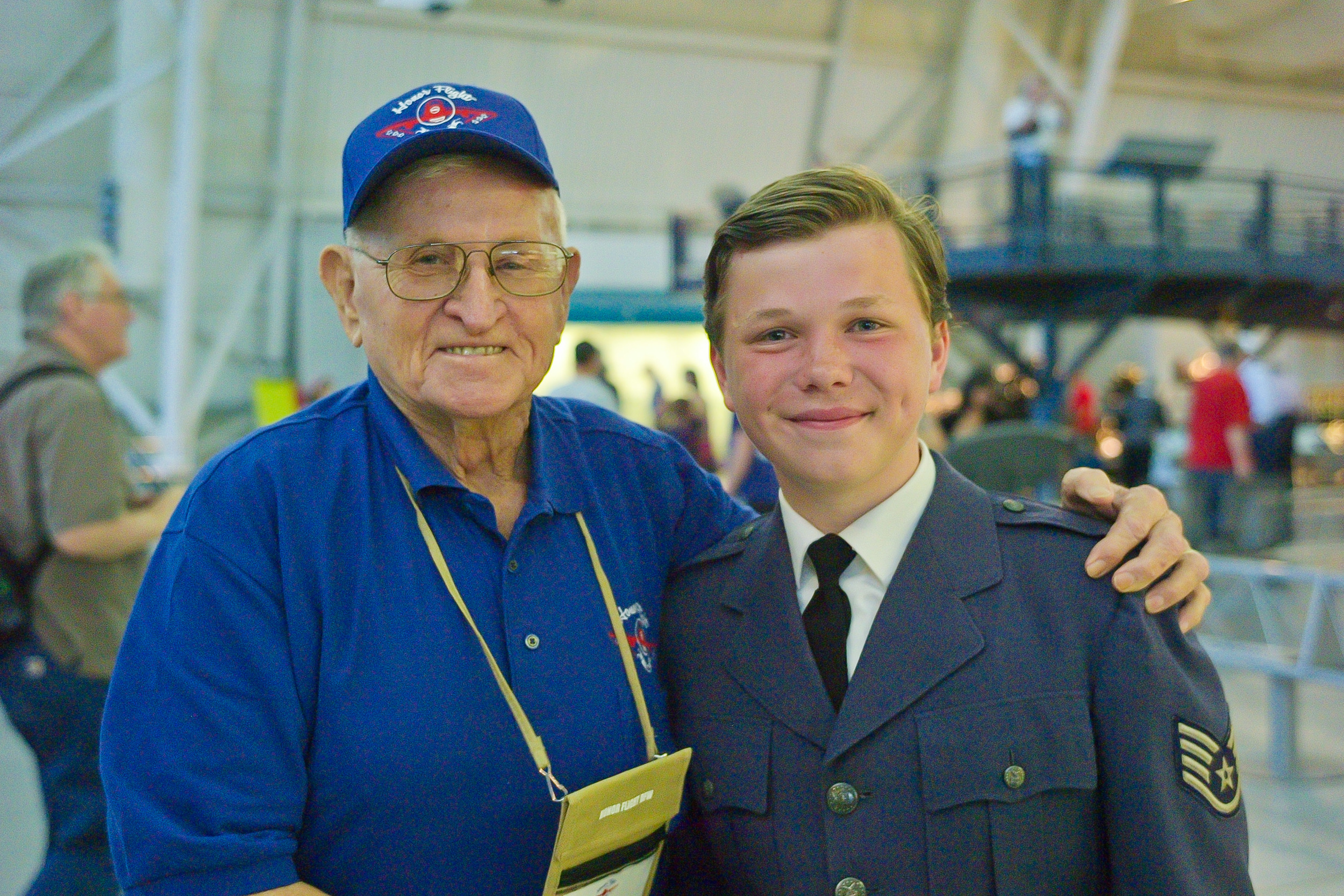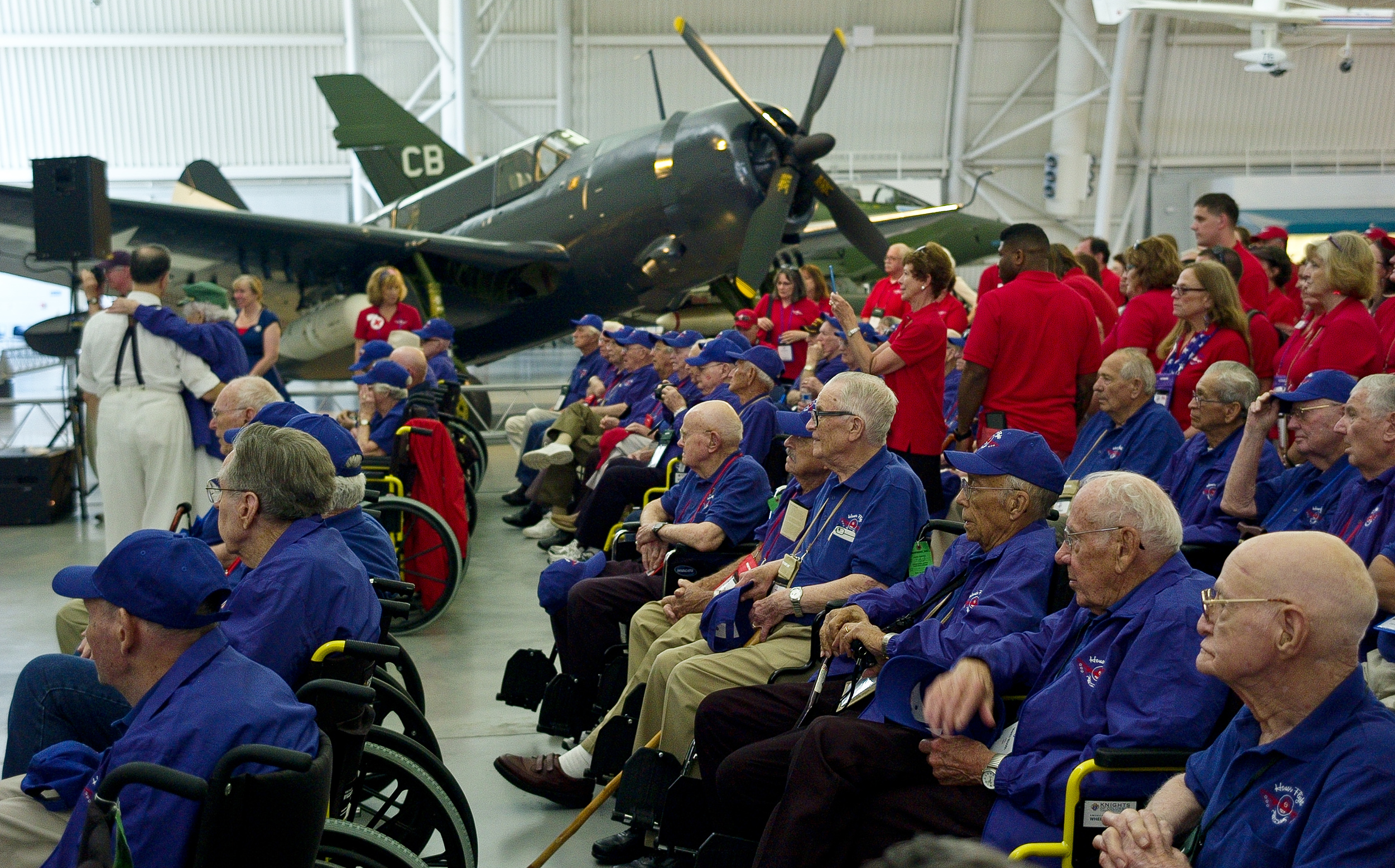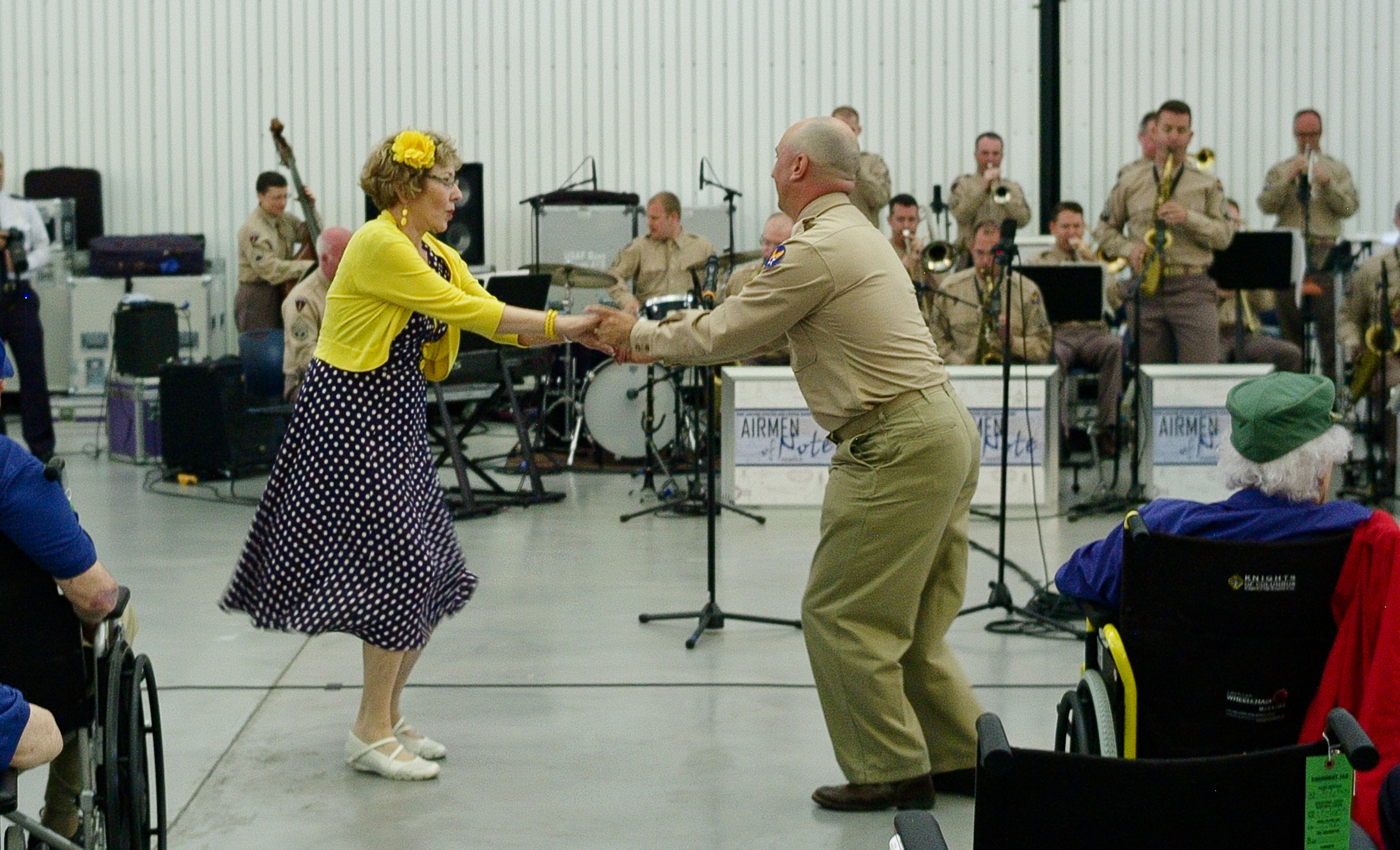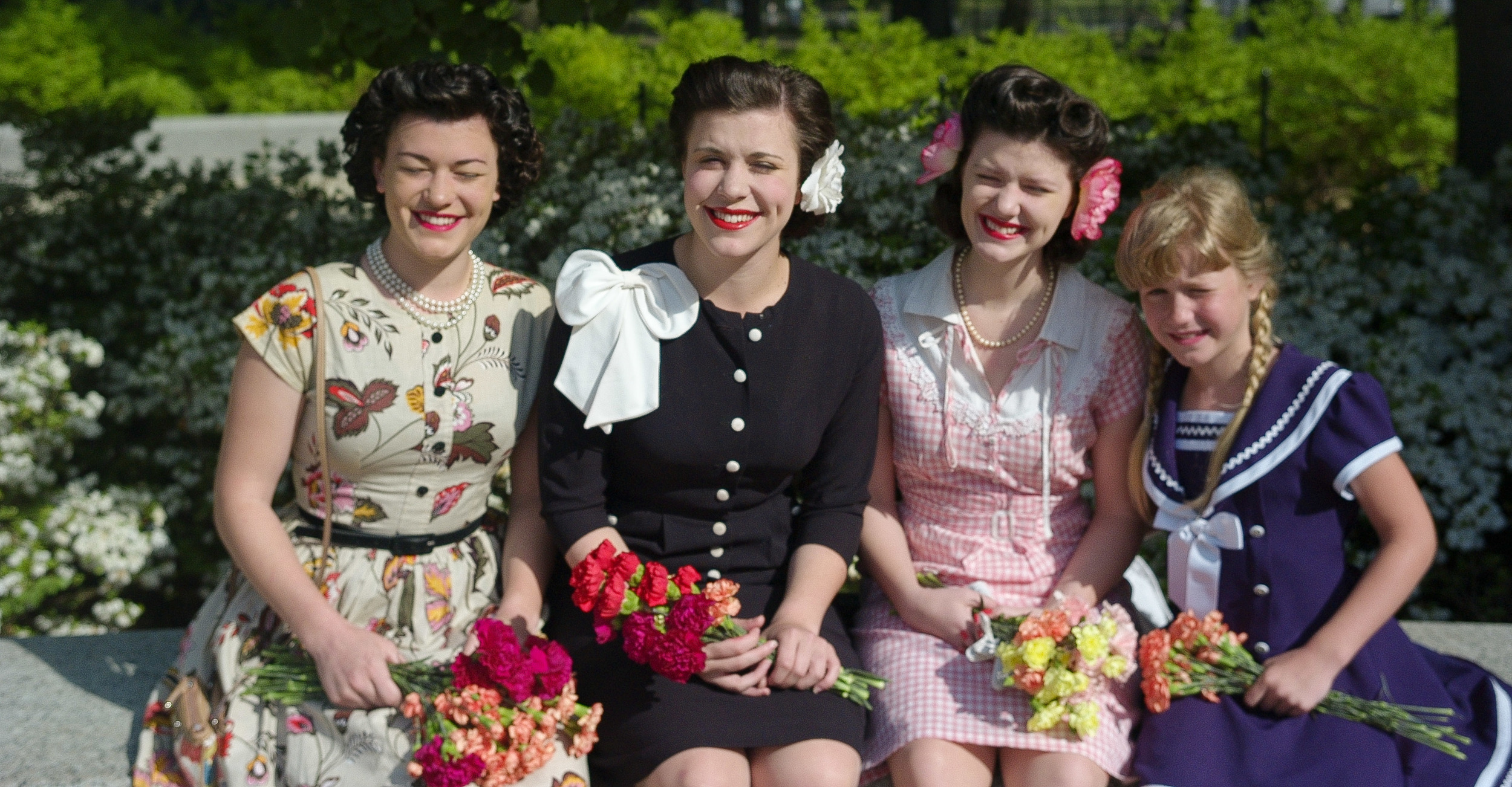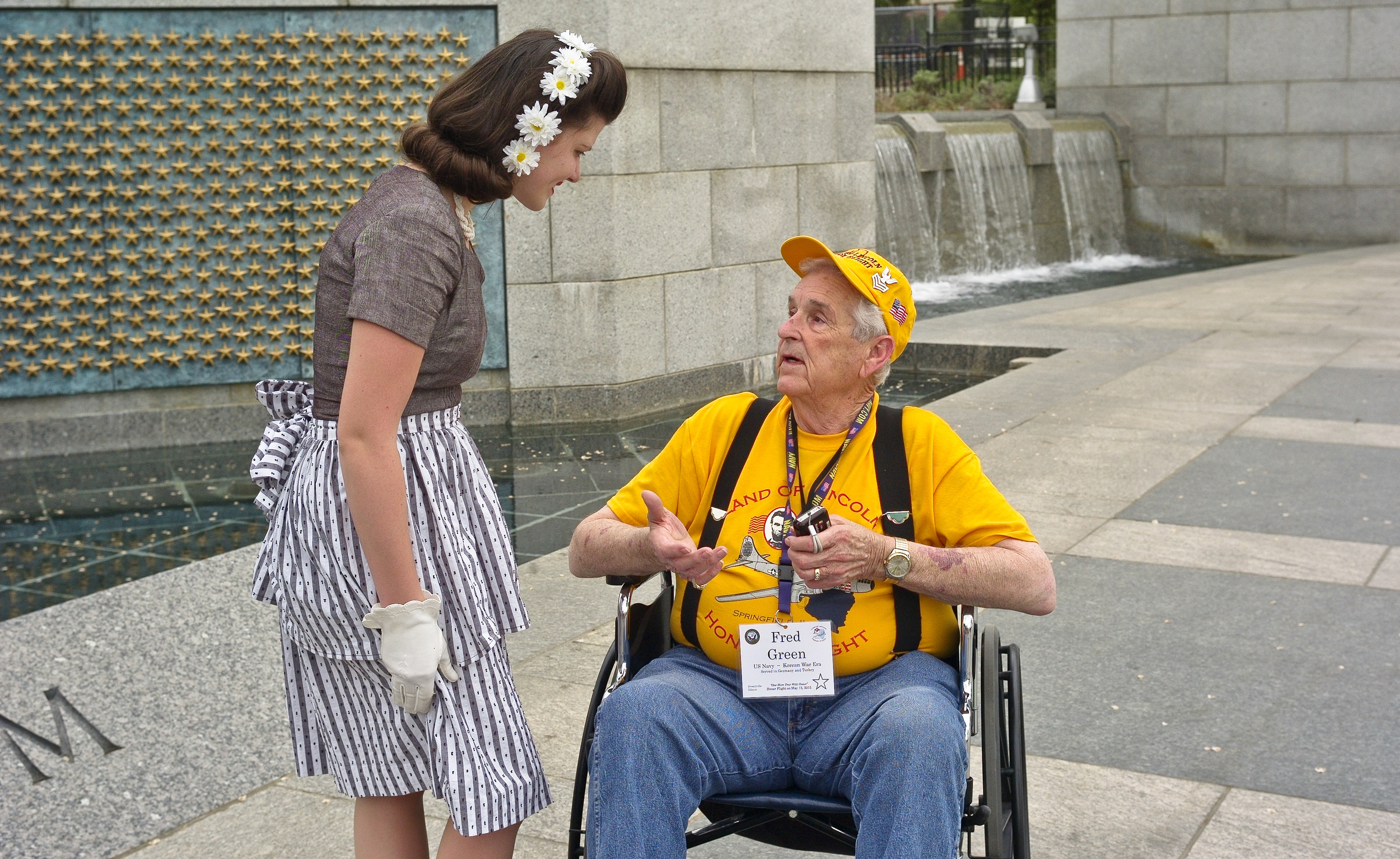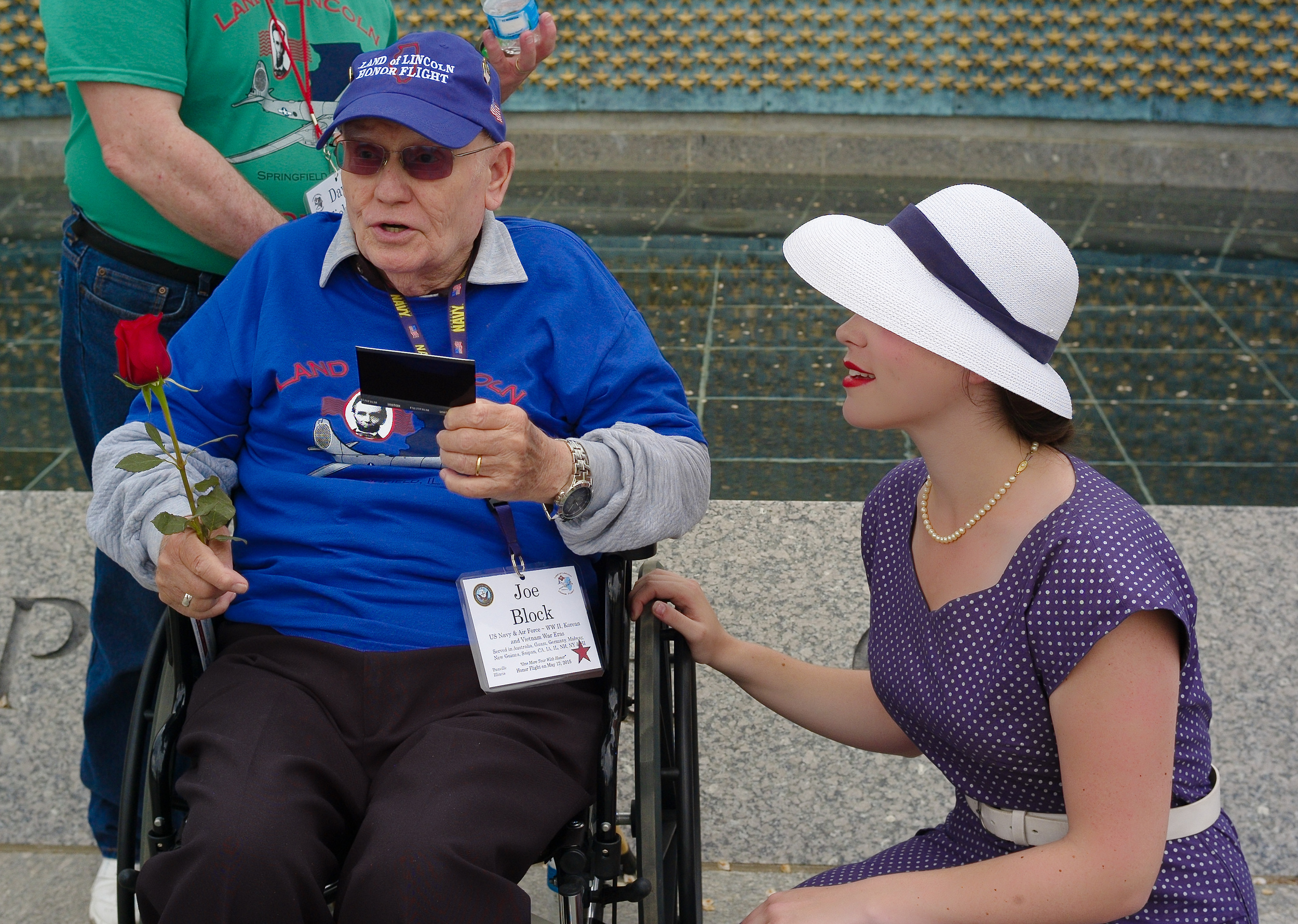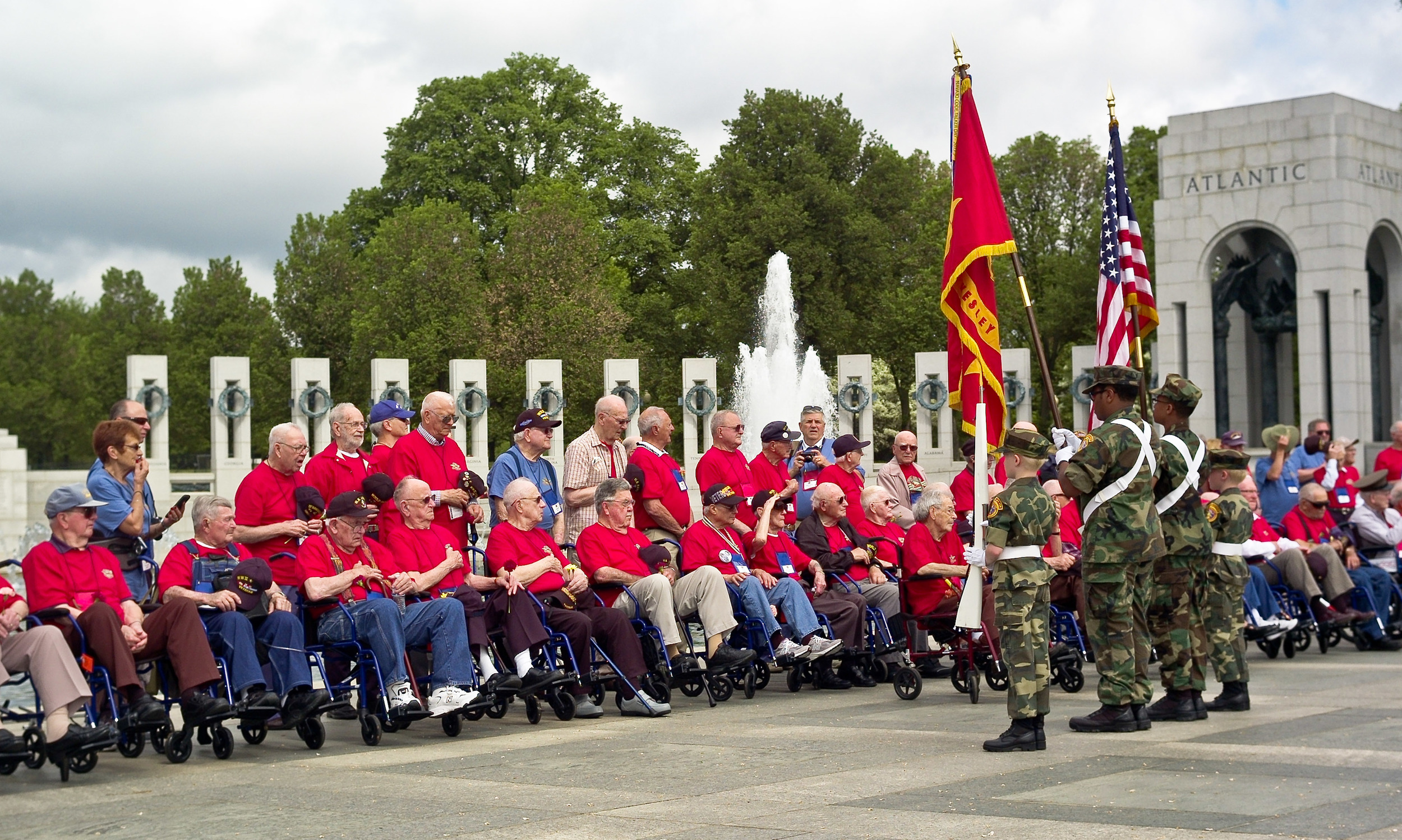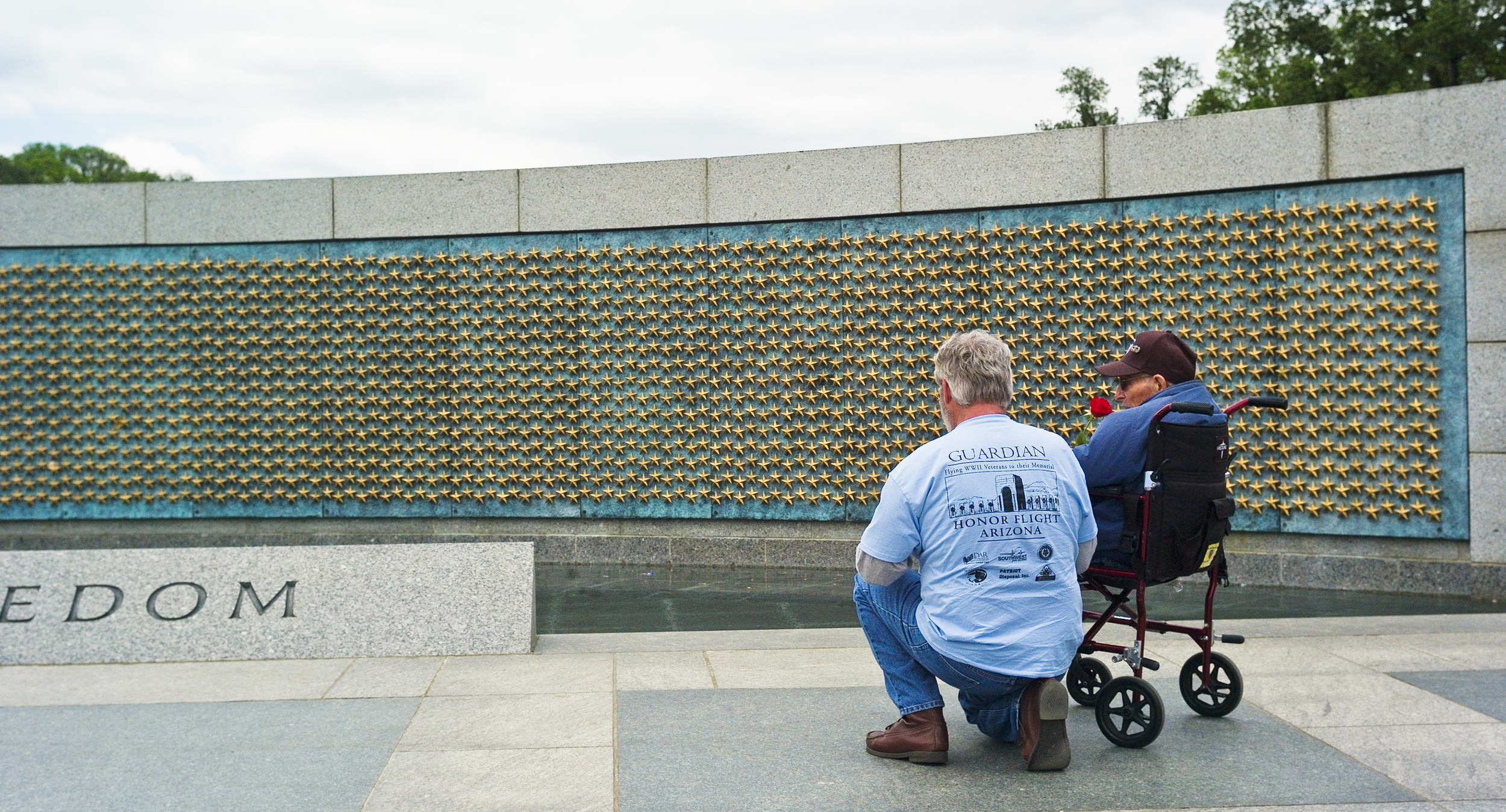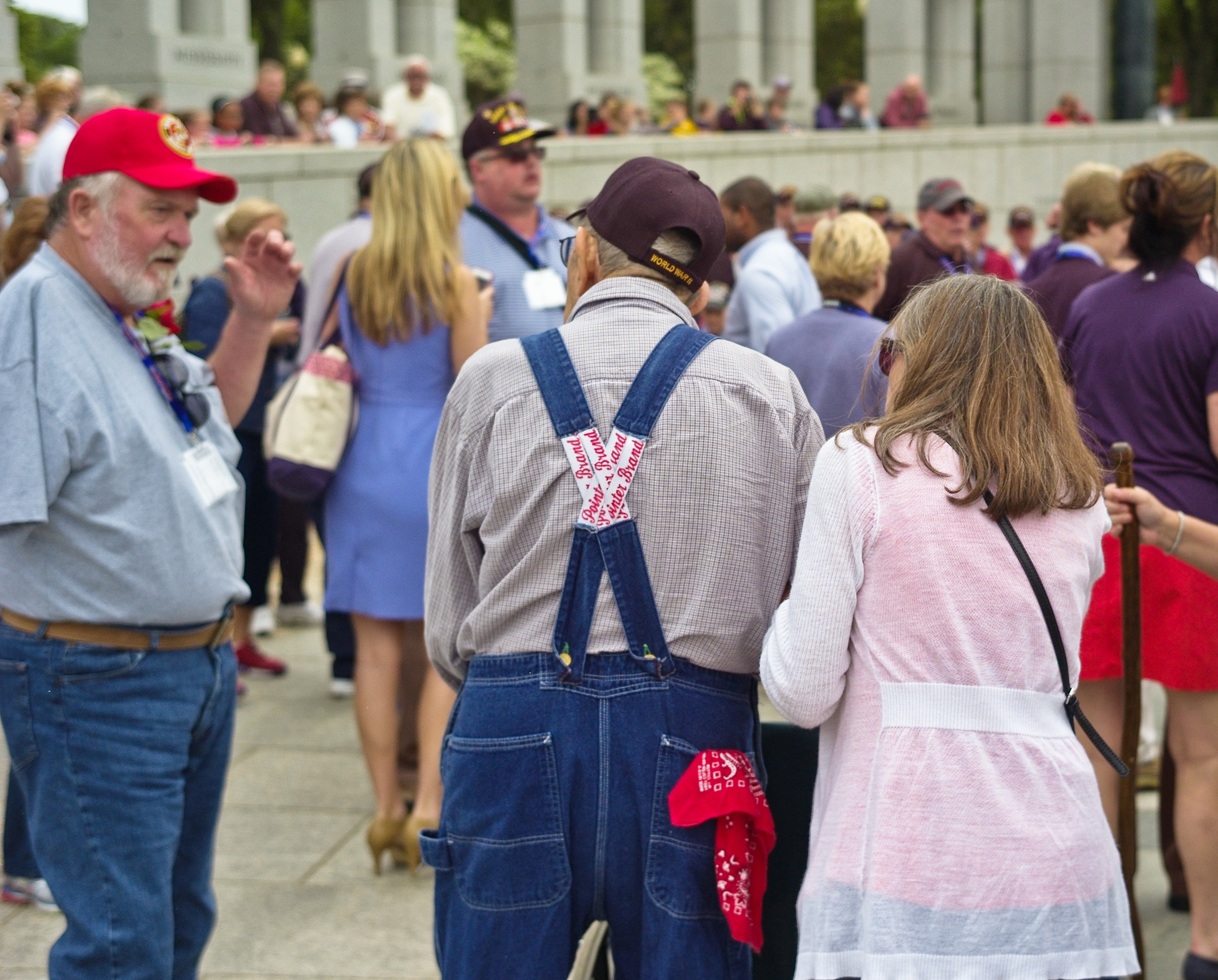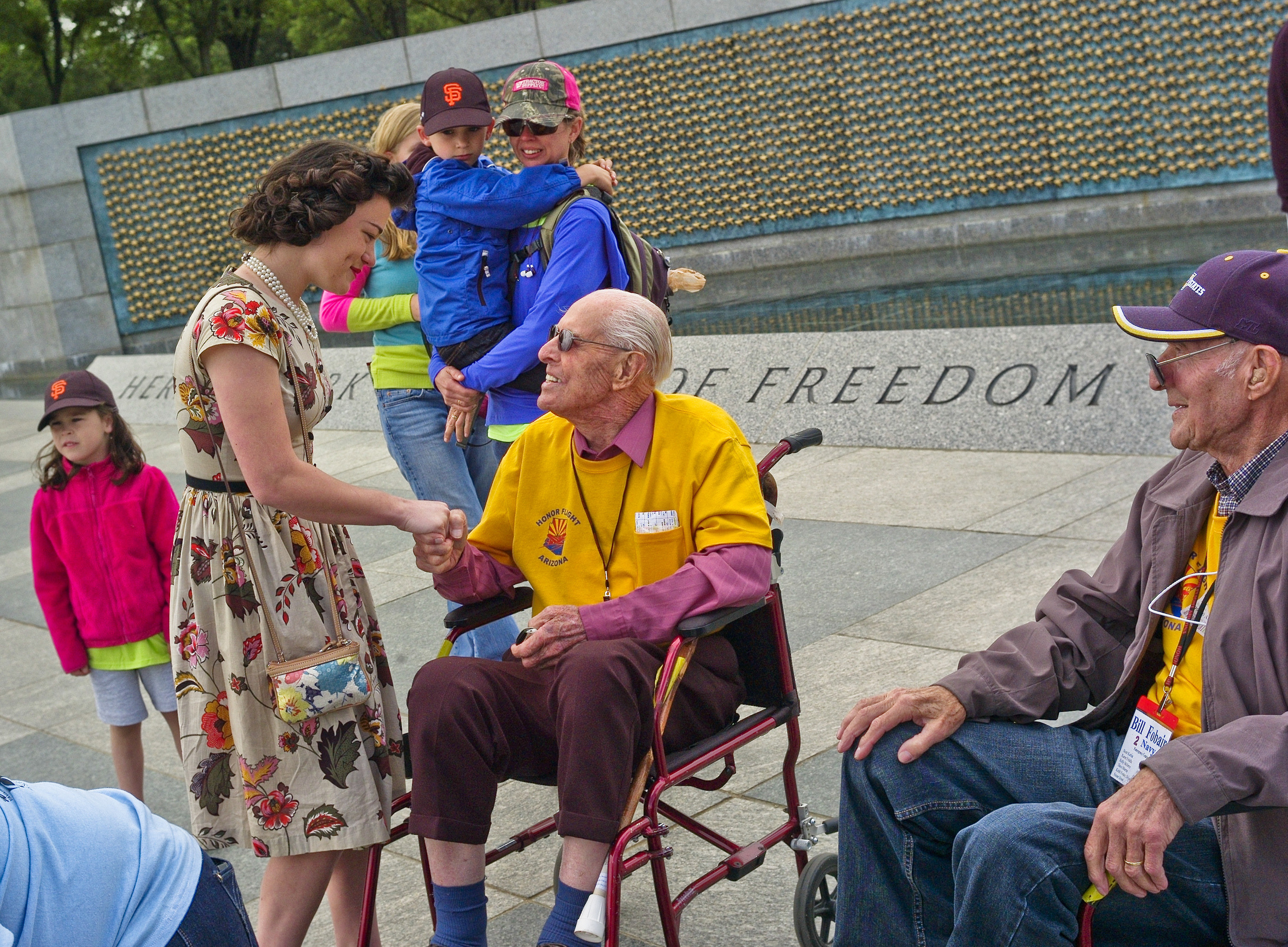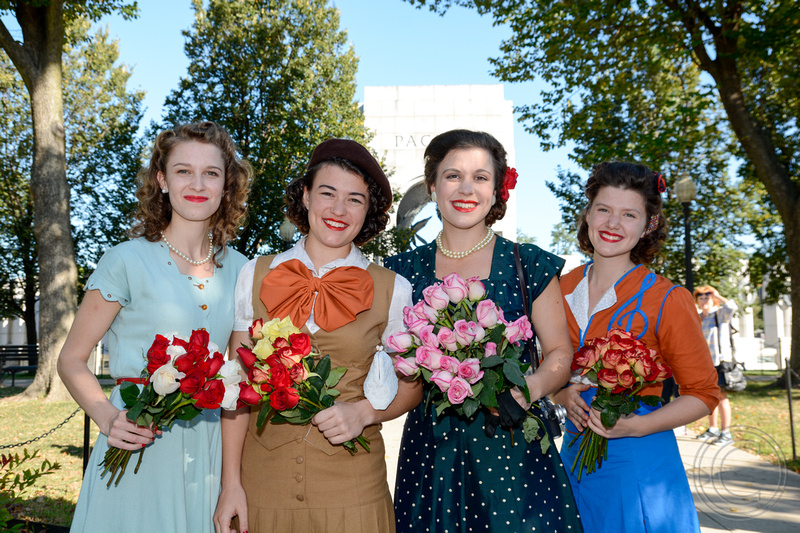"To D-Day and Back"
/When I met Mr. Robert Bearden for the first time at the Reagan International Airport in the D.C. airport last September, I found out that he had been a paratrooper in the 82nd Airborne, a POW, and Head Yell Leader at The University of Texas. All these things were enough to leave me in awe, but little did I know about the truly amazing life he has led.
Mr. Bearden joined the paratroops in 1942 after serving in the Texas National Guard since 1940. Becoming a paratrooper was not simply a routine decision for Bob Bearden; it was a proof of manhood. He was not as big as the other guys and as a result he felt he needed to prove himself. The paratroops had a reputation for being the toughest of the tough. People stood in awe of them. That was a very desirable image for a guy whose stature had not been what he would have hoped; and there was no sneezing at the extra $50 a month for jumping out of an airplane.
In 1943, the life of a paratrooper was far from ordinary. People say fact is stranger than fiction, and in Mr. Bearden’s case, I am inclined to agree. One day, he and a buddy came across a baboon tied with a chain in the middle of someone’s junkyard. It was customary for the units to have a mascot. One 507th unit had a jumping German Shepherd and another had a goat. If their company, Company H of the 507th, had a big baboon as their mascot, that would surpass everyone else’s. So they got the idea to bag it and take it back to barracks. After a valiant attempt to commandeer the furious monkey, they were forced to leave it, but not without a great number of scratches and cuts.
Mr. Bearden certainly did not live a dull life during his training and got into a good deal of mischief, but his war had hardly begun by June of 1944. On the evening of June 5th, after rigorous training in the U.S. and in England, Sergeant Robert Bearden was put on a plane and sent across the English Channel to be dropped over Normandy with the rest of the 82nd Airborne. Like so many of the Airborne units dropped over Normandy, he was separated from the rest of his men. After a more than intense few days on the ground in France, which included the battle for Fresville, an ear injury resulting in his first Purple Heart, and a recommendation for a DSC (Distinguished Service Cross) for saving a Lieutenant’s life, Sergeant Bearden was captured by the Germans and his experience as a POW began.
Mr. Bearden, after multiple transfers, ended up in Stalag IIIC in Keustrin, Germany. In June of 1944, he weighed in at 163 pounds; just 90 days later he was officially registered with the Red Cross as a POW and was weighed in at a grand total of 98 pounds.
Finally on January 31 1945, (a date which Mr. Bearden has never forgotten) he was liberated by the Russians. This was an ordeal in and of itself. The Russians had a signifiant hatred for the Germans, and as a result, he had to witness a great deal of brutality from his own liberators. Initially Sergeant Bearden’s plan was to travel and fight with the Russians, cross the Oder River, and then go through Berlin to ultimately end up with the American Forces. After seeing the way the Russians fought and the amount of Vodka they consumed, resulting in “freak” accidents that kept killing liberated GIs, he finally decided a Plan B was necessary or else he would end up in one of the “accidents” himself. So on February 2, 1945, Plan B took affect. About 20 ex-POWS traveled along the Russian supply lines and hopefully, if they traveled far enough and long enough east, they would arrive back home. For Bob Bearden, that meant TEXAS!
For a GI who has lost more than a third of his body weight and survived the brutality of the Germans as a POW to walk across Europe is no easy task. His journey took him through Germany, Russia, Turkey, Greece, Egypt, and Italy where he finally met up with the U.S. Army in Naples. Along the way, he had traveled by boxcar, horseback, buggy, farm wagon, bicycle, and many other forms of transport, but mainly he traveled, as he put it, by “the good old ‘Ankle Express.’” Having witnessed the travesties of war which had mostly been inflicted by the Russians, enough was enough, and the strain was too much. Several of the other GIs had had too much and lost it. Their breakdowns were really wearing on him and the others. He decided if it kept on like that, he would crack, too. He didn’t want to add to their strain, so he set out alone. In Poland he came across an abandoned department store where he not only found some sorely needed fur coats, but 60 pairs of silk stockings. These he stuffed down his newly acquired fur coats and used them as trading all the way home. “They were better than any coin of the realm.”
He made it to Naples by way of Athens and Greece on a British ship, and from there took the U.S.S. West Point (a Coast Guard ship) arriving in Boston in April, 1945. When Sergeant Robert Bearden finally reached Texas, he was only 22 years old.
Back in Texas, Mr. Bearden went on to be Head Yell Leader at The University of Texas. Amazingly enough, when we visited Mr. Bearden earlier this year, it occurred to us that his years at UT crossed over with our grandmother’s. He pulled out his year books, and low and behold, there she was! His response was, “I must have known her!”
Now 70 years after his service, Mr. Bearden has lived a full life. After giving his early years fighting to protect our country and seeing the very ugly face of war, he spent two very difficult years coming to terms with all he had seen, and ultimately found peace in Christ in the 1960s. Filled with compassion for others who struggled with heavy burdens, Mr. Bearden founded Christian Farms Treehouse, a work study program for men, expanded in 1978 to include women, who had made tragic mistakes but who could be given hope and new life through the help and guidance of people who truly cared about them and more importantly about their souls. Every time we have had the pleasure of seeing Mr. Bearden, hardly a word comes out of his mouth that is not full of gratitude and thankfulness to the Lord.
Everything I have written has only given a slight glimpse into the life of Mr. Bearden and his service during the war. I have highlighted just a few events. But it is always wonderful when we can read the account from the man himself! And if you want to read his full story in his own words, I highly recommend his book To D-Day and Back from his website: www.boblbearden.com. It is really worth reading!
For Mr. Bearden, his life can be put down to that of a giving one. In World War Two, he offered his life and service to his country: he performed his duties well. Then, he gave his life to the Lord, a willing sacrifice for whatever would be required. Following this, he devoted his life to giving and caring for those who had no hope, and he gave them a hope greater than any other: hope in the Lord.



